Is this the future of Consumer Goods?
The dawn of Personalized/Customized items!
The “one size fits all” principle is the basis of industrial mass production. But recent trends point to a new direction for personalized products, which are unique to each individual consumer. The concept of item personalization is rapidly spreading in many consumer packaged goods sectors such as personal care, food and pharmaceutical etc.
In the food industry, many companies have emerged in this field. Some of them collect biological samples from each person and analyze their microbiome, immune system, stress response, etc., in order to draw dietary recommendations based on the results and provide each consumer with truly unique dietary supplements every month.1 The pet food industry has also seen a surge in start-ups targeting personalized food. Many of them use specific algorithms to analyze and generate dietary recommendations based on pet breeds, allergies, weight, and eating habits. Although the customization of food is indeed accelerating with the advancement of technology and science, mass customization is still a challenge because it requires a large amount of data to be collected and to ensure the safety of each food, such as the shelf life.1
Personal Care products such as beauty and hygiene products are not excluded from this new trend. There are many companies offering personalized products, from hair to skin care, from perfume to lipstick. Most of these companies use human knowledge and artificial intelligence (AI) to achieve customization. This involves data collection by asking individuals specific questions and using AI to process the data, then human experts analyze the results and recommend specific customizations.2
In healthcare, the term “precision medicine” is used for tailor-made treatments for specific diseases.3 The most prominent example is gene therapy, because it is only effective for specific genes of specific individuals. Drug customization in the pharmaceutical industry is gradually accelerating. For example, instead of mass production of tablets, 3D printing allows specific dosages and selective formulations of drugs. This has some advantages, such as increasing the effectiveness of the drug for specific individuals and being cost-effective due to reduced material waste.4
Although the personalization of consumer products may still be in its infancy, with the rapid development of technology and scientific breakthroughs, we might see more and more companies change their business models to personalization in the near future.

Written by Zoljargal Baatarkhuu
Zoljargal is a Technology Scout at TechScout
References:
1. Antonio D. et al. Crit. Rev. Food. Sci. Nutr. 60:7, 2020, 1141-1159.
2.https://www.forbes.com/sites/celiashatzman/2018/07/27/the-best-customizable-beauty-brands/
3. Inke R. K. et al. European Respiratory Journal. 50, 2017, 1700391
4. Megha T. et al. Additive Manufacturing. 23, 2018 , 319-328

